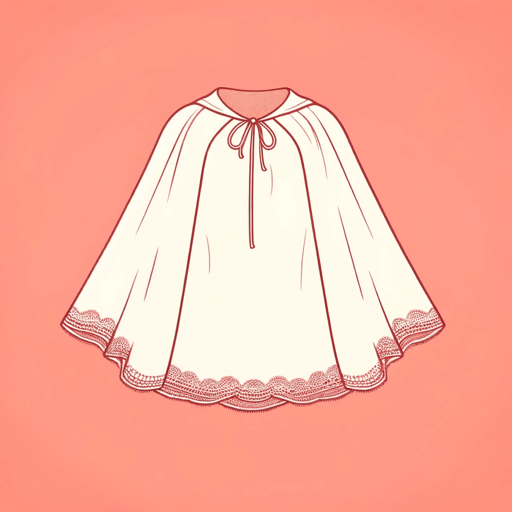73 pages • 2 hours read
Celia C. PerezThe First Rule of Punk
Fiction | Novel | Middle Grade | Published in 2017A modern alternative to SparkNotes and CliffsNotes, SuperSummary offers high-quality Study Guides with detailed chapter summaries and analysis of major themes, characters, and more. For select classroom titles, we also provide Teaching Guides with discussion and quiz questions to prompt student engagement.
Important Quotes
“Dad kept telling me not to worry. That everything was going to be okay. I really wanted to believe him. But as I watched Dorothy’s house fly up into the air and spin around in the twister, I wasn’t so sure.”
(Chapter 2, Page 23)
Malú watches her favorite film, The Wizard of Oz, with her father on their last night together before Malú and her mom leave for Chicago. Malú continues to cling to what she’s known from her childhood, not wanting to move and placing herself in a role similar to Dorothy’s, as Malú is soon to be a stranger in a strange land, and must locate her people and find her own way.
“I didn’t really believe that six tiny stick figures had magical powers that could take away my worries. Still, I lifted my pillow and lined them up in a row underneath. I turned off the light and climbed into bed. Then I buried my face into the pillow so that Mom wouldn’t hear me crying.”
(Chapter 4, Page 39)
Malú’s dad gives Malú six worry dolls prior to Malú and her mom leaving for Chicago. The dolls function as means for Malú to alleviate her anxieties. They also remind the reader that Malú is still quite young, and while she wants badly to be more mature and independent, she nonetheless relies on children’s things in moments where the world still seems too large and too intimidating. By the end of the novel, the worry dolls have disappeared from the narrative.
“‘You got your Mexican from your Mom and your punk from me,’ he’d say.”
(Chapter 5, Page 42)
This quote encapsulates Malú’s bifurcated identity: part of her is Mexican American, and part of her is white. At the novel’s outset, Malú’s punk qualities are aligned with her whiteness, while the Mexican American portion of her identity is aligned with her mom, whom Malú sees as uncool and controlling (although


